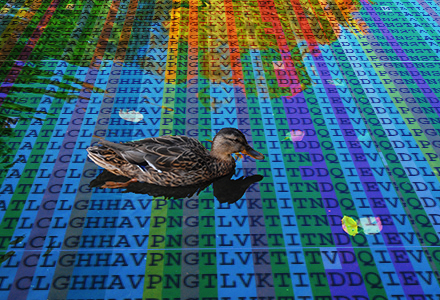Abstract
Metagenomics uses nucleic acid sequencing to characterize species diversity in different niches such as environmental biomes or the human microbiome. Most studies have used 16S rRNA amplicon sequencing to identify bacteria. However, the decreasing cost of sequencing has resulted in a gradual shift away from amplicon analyses and towards shotgun metagenomic sequencing. Shotgun metagenomic data can be used to identify a wide range of species, but have rarely been applied to fungal identification. Here, we develop a sequence classification pipeline, FindFungi, and use it to identify fungal sequences in public metagenome datasets. We focus primarily on animal metagenomes, especially those from pig and mouse microbiomes. We identified fungi in 39 of 70 datasets comprising 71 fungal species. At least 11 pathogenic species with zoonotic potential were identified, including Candida tropicalis. We identified Pseudogymnoascus species from 13 Antarctic soil samples initially analyzed for the presence of bacteria capable of degrading diesel oil. We also show that Candida tropicalis and Candida loboi are likely the same species. In addition, we identify several examples where contaminating DNA was erroneously included in fungal genome assemblies.
